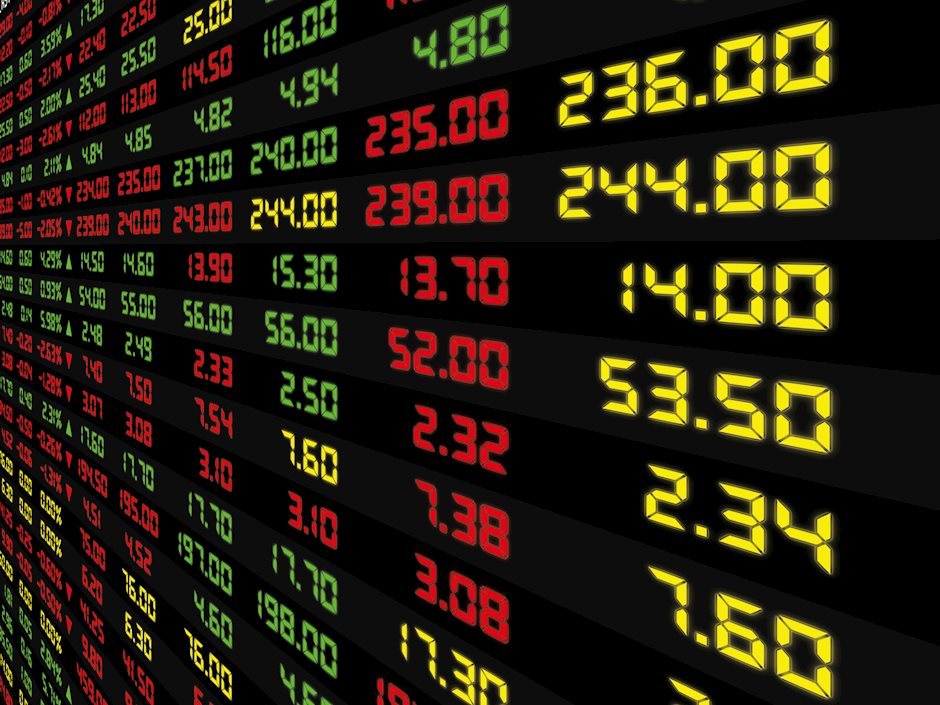Record profits give BP share price a lift

Today’s Q4 and final year results have seen BP’s share price edge back to the highs of last week after the UK oil major posted a record set of full year numbers, raised the dividend and announced another $2.75bn share buyback for Q1.
Q4 saw underlying replacement cost profits of $4.8bn, a step down from Q3’s $8.15bn, due to underperformance in its oil and gas trading division, but has still pushed total profits for the year of $27.65bn, a big jump from the $12.8bn in 2021.
While this number will be the one that grabs the headlines on a full year basis, the profit attributable to shareholders saw the company slide to a $2.48bn loss, when the Rosneft write down costs are taken into account.
Capital expenditure rose to $16.33bn, a significant rise from $12.85bn in 2021. Over the last 12 months BP has also reduced its net debt levels from $30.6bn to $21.4bn.
BP raised the Q4 dividend to 6.61p taking the total dividend for the year to 24.08p, as well as adding another share buyback for Q1 of $2.75bn.
As a result of the implementation of the energy profits levy or windfall tax to you and me, BP paid $2.2bn in UK taxes.
In a departure from its peers, it would appear that criticisms of its spending on renewables has started to sting and this morning the company said it plans to split its investment evenly between “transition growth engines” and oil and gas, with spending of up to $8bn a year. This is welcome given the low amounts BP spent in renewables this past 12 months.
Total capex for the upcoming year is expected to come in between $14bn and $18bn and is expected to continue at that rate until the end of the decade.
The big question is how BP defines “transition growth engines” given that LNG could easily be described as a transition energy source, given its cleaner than coal and oil.
The hope is that research and development into hydrogen and other biofuels as clean energy sources will start to advance more rapidly due to the limitations around battery technology.
Of course, all of this will be for nought if governments don’t invest in the energy infrastructure to support all these new technologies. This is perhaps why there is always so much outcry over the bumper profits for the oil companies as it helps to divert voter attention away from where a lot of the blame for our current predicament should be, on our political class, who have been missing in action over the last 20 years.
All in all today’s numbers are another record number for the big oil majors, and will inevitably attract the usual headlines of obscene profiteering from the usual suspects, however we do appear at last to be seeing the likes of BP starting to push back on the prevailing narrative by saying that new gas resources will be needed to help the energy transition.
This is welcome given that a too fast push towards renewables won’t get the support it needs if it ends up pushing people into fuel poverty.
Windfall taxes won’t solve that problem, only investment into existing and new technology will.
It’s a lesson climate activists need to learn fast.
Author

Michael Hewson MSTA CFTe
Independent Analyst
Award winning technical analyst, trader and market commentator. In my many years in the business I’ve been passionate about delivering education to retail traders, as well as other financial professionals. Visit my Substack here.

















